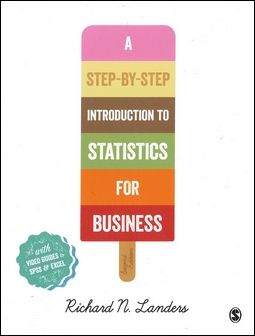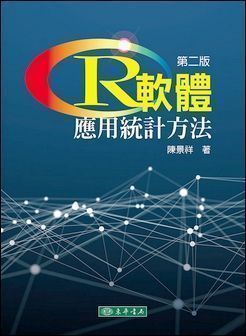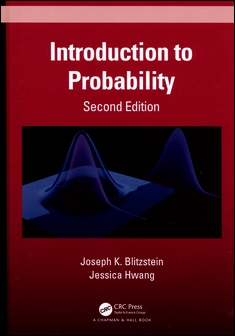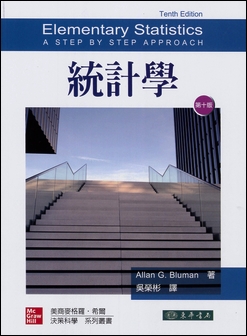書籍分類
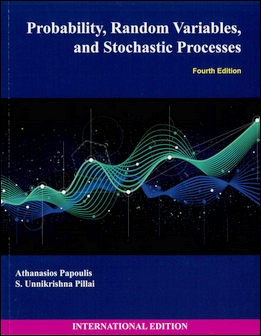
Probability, Random Variables and Stochastic Processes 4/e
作者:Athanasios Papoulis, S. Unnikrishna Pillai
原價:NT$ 1,050
ISBN:9780071226615
版次:4
年份:2002
出版商:McGraw-Hill
頁數/規格:852頁/平裝單色
參考網頁:Probability, Random Variables and Stochastic Processes 4/e
版次:4
年份:2002
出版商:McGraw-Hill
頁數/規格:852頁/平裝單色
參考網頁:Probability, Random Variables and Stochastic Processes 4/e
內容介紹 本書特色 目錄 作者介紹
- Description
The fourth edition of Probability, Random Variables and Stochastic Processes has been updated significantly from the previous edition, and it now includes co-author S. Unnikrishna Pillai of Polytechnic University. The book is intended for a senior/graduate level course in probability and is aimed at students in electrical engineering, math, and physics departments. The authors' approach is to develop the subject of probability theory and stochastic processes as a deductive discipline and to illustrate the theory with basic applications of engineering interest. Approximately 1/3 of the text is new material--this material maintains the style and spirit of previous editions. In order to bridge the gap between concepts and applications, a number of additional examples have been added for further clarity, as well as several new topics.
The authors' approach to the revised fourth edition of the popular text Probability, Random Variables, and Stochastic Processes is to develop the subject of probability theory and stochastic processes systematically as a deductive discipline with many illustrative examples of engineering interest. The text is intended for senior/graduate level courses in probability and stochastic processes, and is aimed at students in electrical and computer engineering, mathematics, and physics. With its excellent topical coverage, the book can be used for two or three different courses. This significantly updated fourth edition now includes a coauthor, Prof. S. Unnikrishna Pillai, also from Polytechnic.
Approximately one-third of the book is new material - that includes several new topics, and two new chapters.



